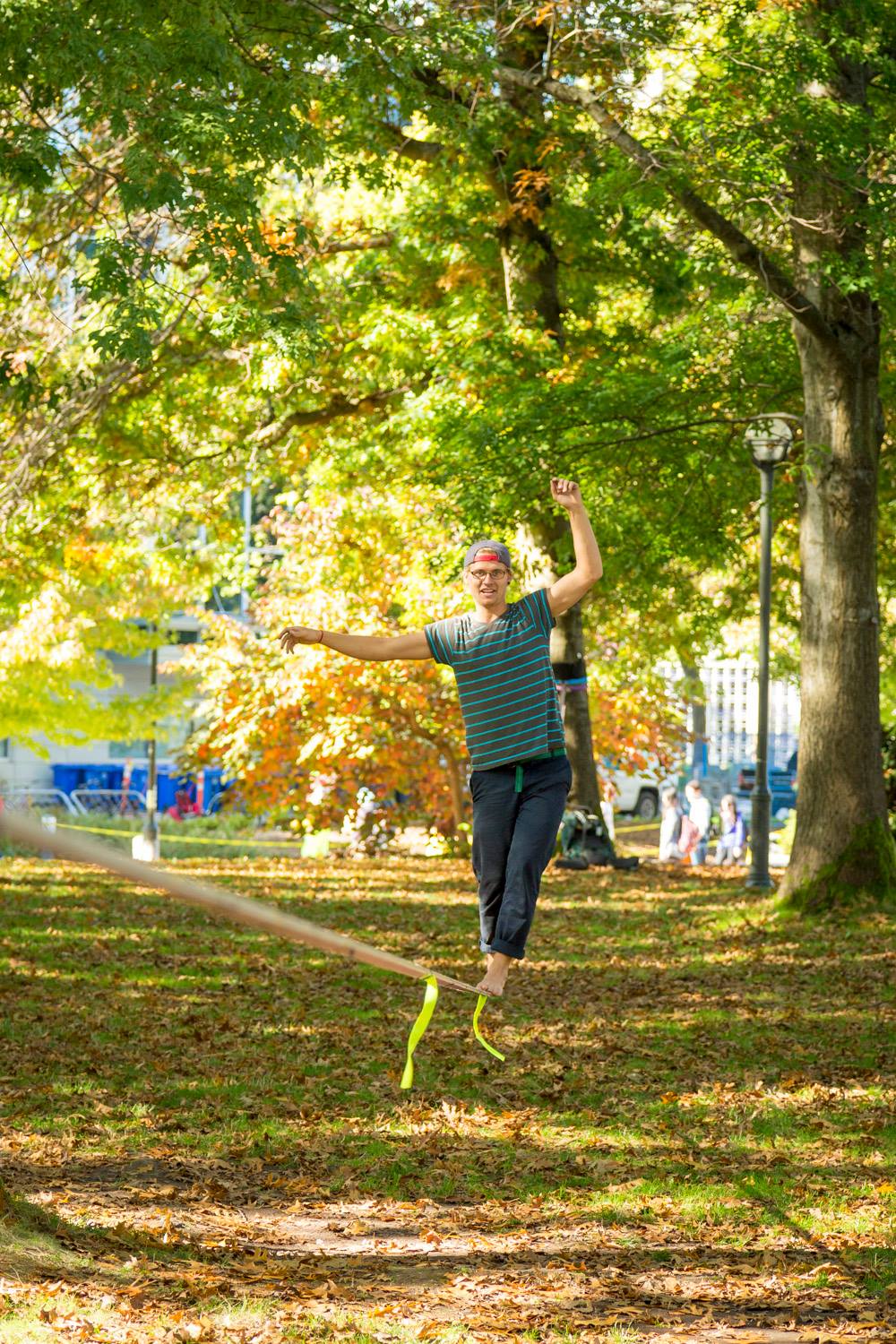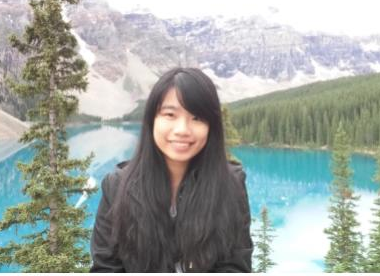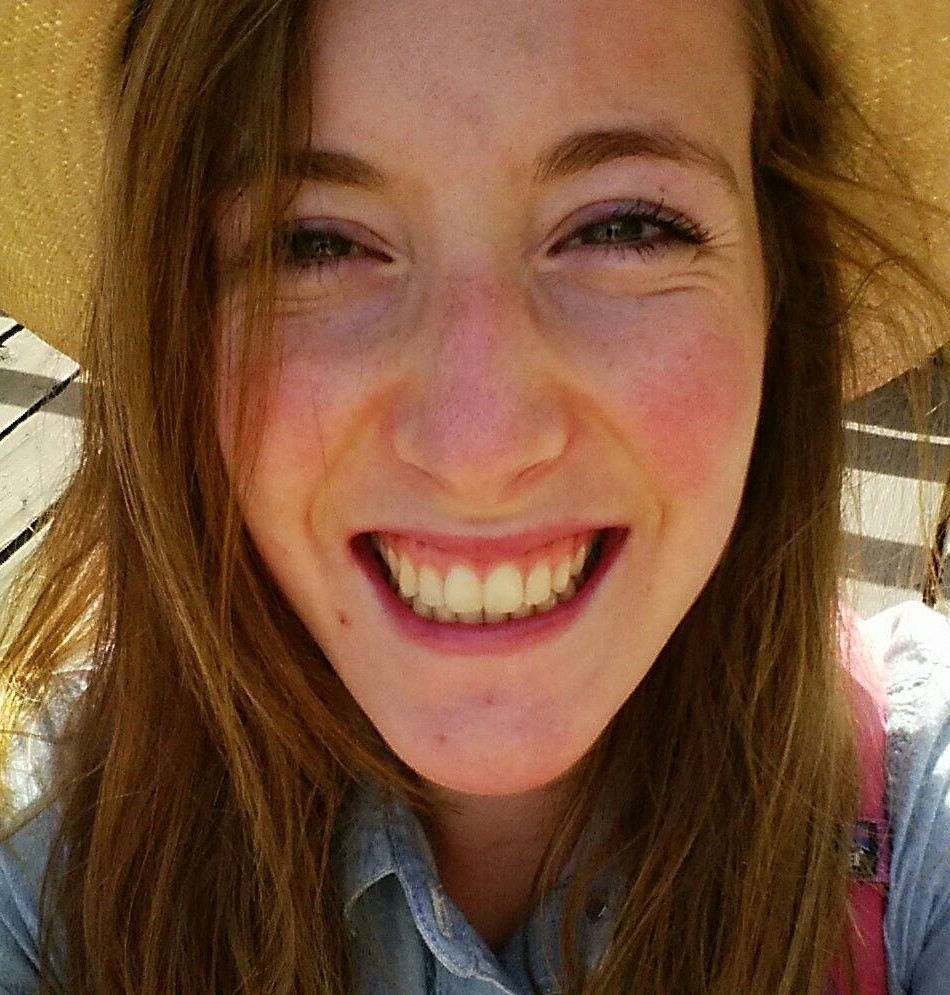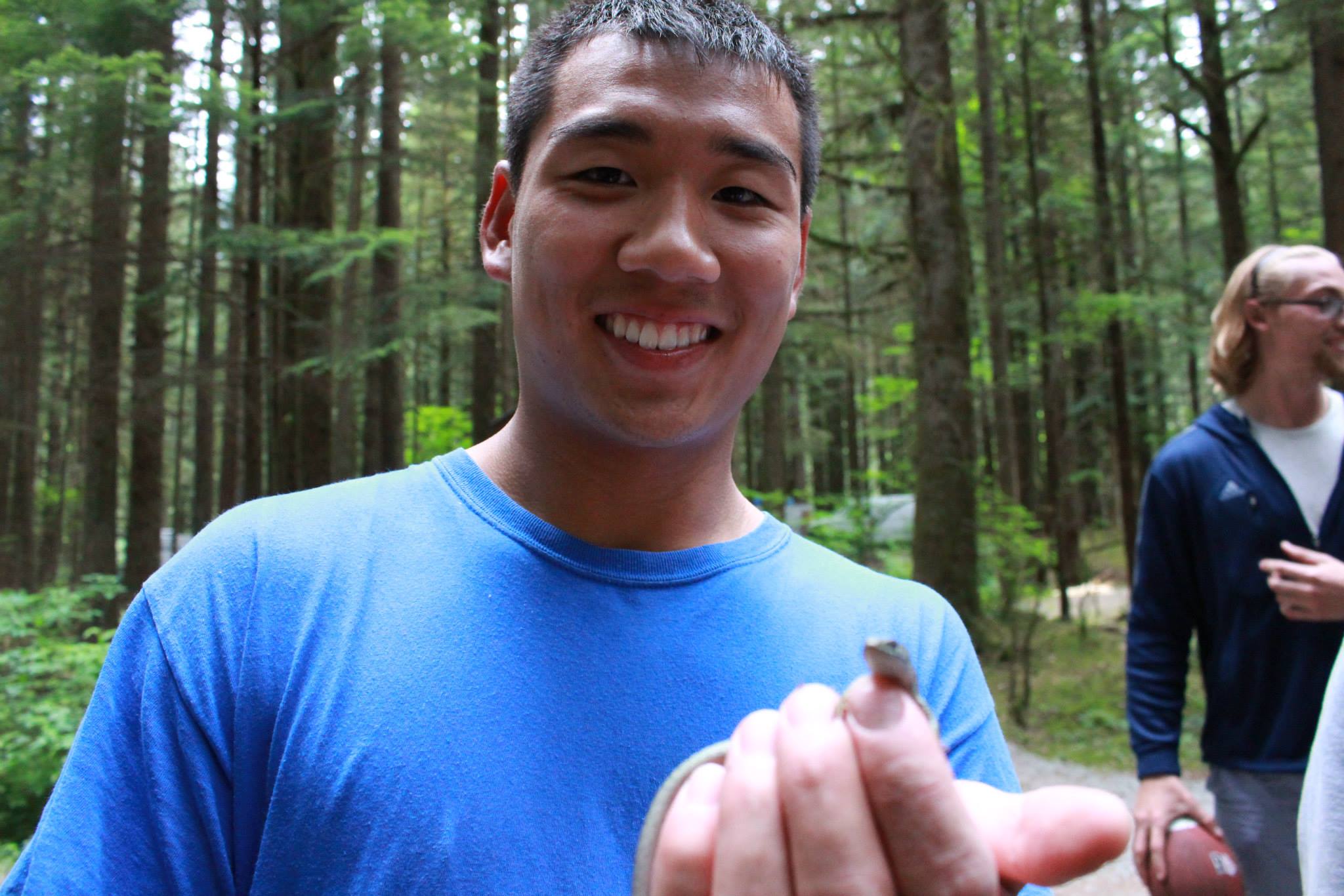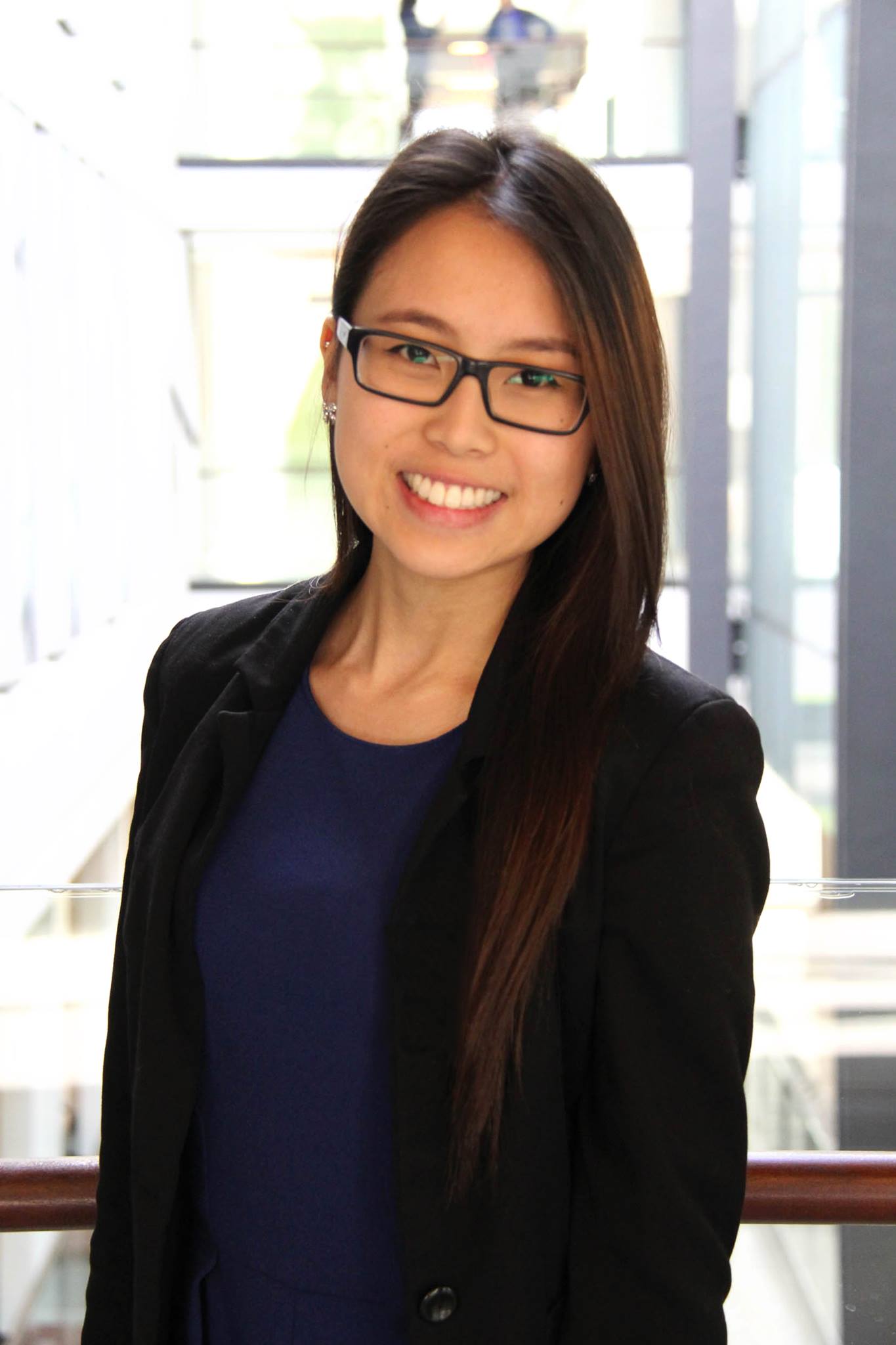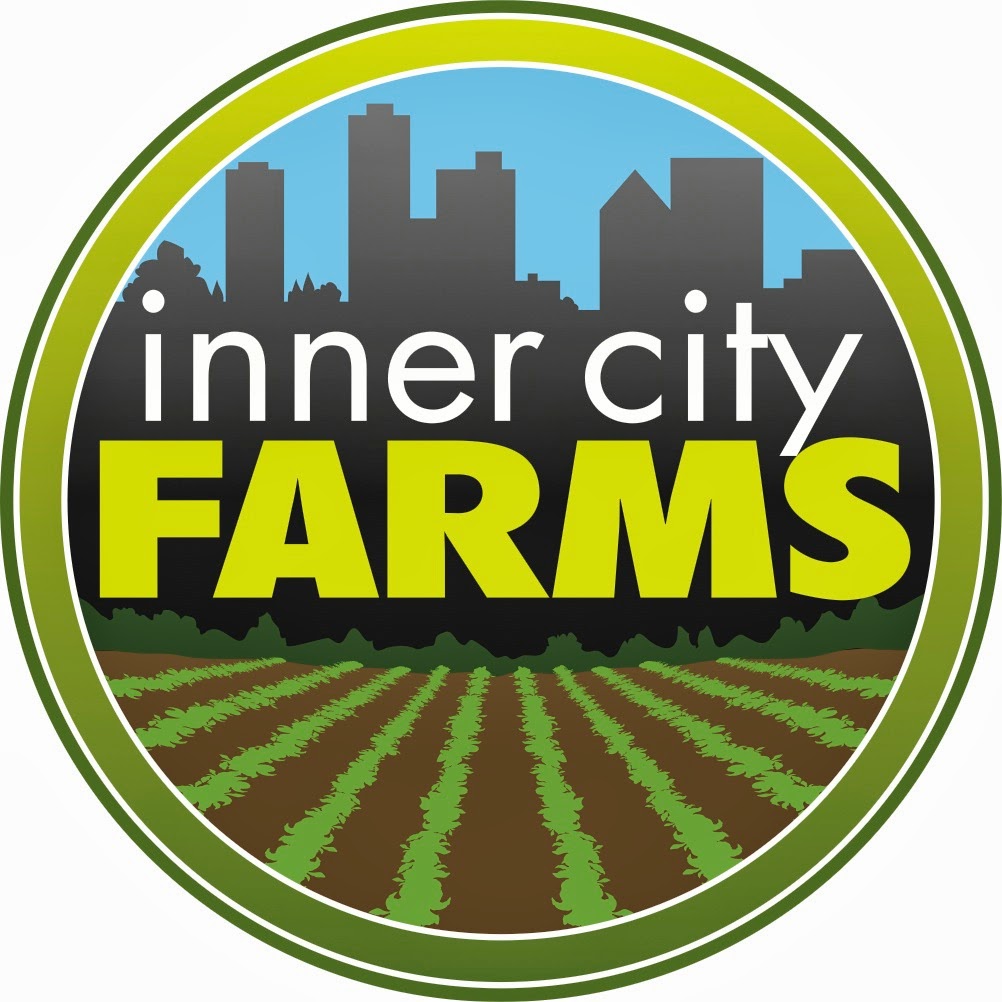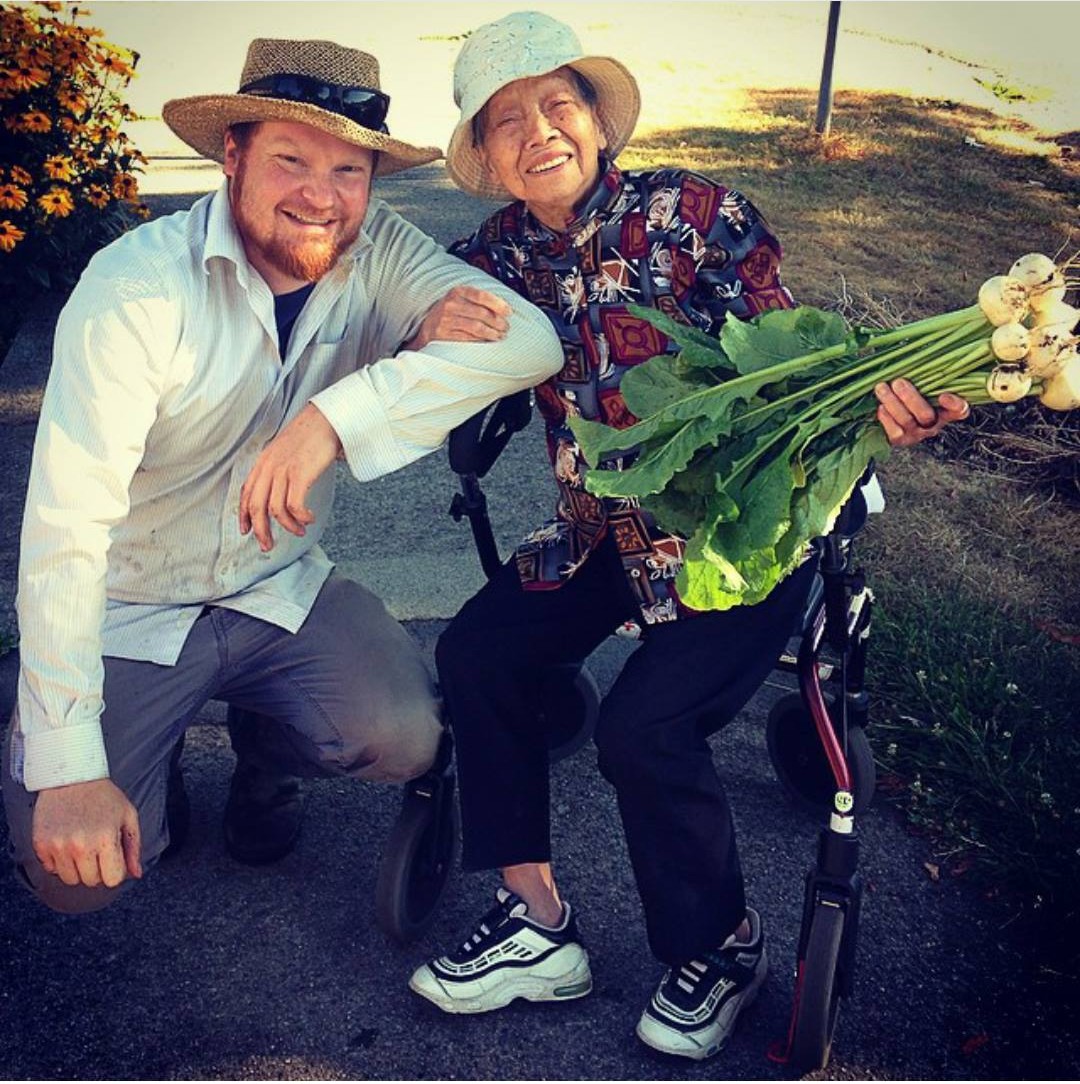We are a group of students with different cultural and academic backgrounds who have been presented with the opportunity to immerse ourselves in the community and learn the different views of members of the community by directly communicating with them without a third party. This experiential learning will be one of the first steps to being successful in our respective disciplines by listening without bias and without pre-existing ideas to learn about “Inner City Farms”.
– Group 19
The Team:
Adam Mertens
Major: BSc Global Resource Systems, specializing in ethnobotany
Interests: Wild food systems, experiential education, rock climbing, slacklining
I hope that we can contribute to the dialogue within Vancouver surrounding urban farming that presently occupies a grey area of commerce and legislation within the city, but is widely agreed to be a positive addition to community spaces. By listening to and sharing the stories of community members who are directly affected by organizations such as Inner City Farms but who might otherwise not have a say in legislative processes, we may be able to contribute to this process.
– Adam Mertens
Daisy Shen
Major: Bsc in Food, Nutrition and Health, specializing in Nutritional Sciences
Interests: Preparing food for many people, playing badminton, studying Family Studies
It is a good opportunity for us to engage with a community and improve the understanding of urban food production (gardening and local business). Also, our group members can speak three out of four required languages (Cantonese, Mandarin and Vietnamese) of the project, so it would be helpful to collect the data for the project.
– Daisy Shen
Hannah Xavier
Major: Bsc in Food, Nutrition and Health
Interests: cross country skiing, hiking, ice cream (honey lavender), mountain biking
I am looking forward to discussing the impact of Inner City Farms on the neighbourhood. By fostering dialogue between people who are a part of the program and those looking in from the outside, I believe that our group will be able to gather a substantial amount of feedback that will be beneficial to the program.
-Hannah Xavier
Taryn Miller
Major: BSc in Food, Nutrition and Health
Interests: holistic nutrition, gardening, sociology and medical anthropology
The integration of food and culture is essential for food sovereignty and in addition to my colleagues goals, the view of individuals in the community are often overlooked or biased as many members are busy with their individual lives and are unable to provide important feedback when asked to take time out of their lives. Our project will allow us to make the connection between the program and the community without making individuals go out of their way to provide feedback.
– Taryn Miller
Terry Lok
Major: Dietetics
Interests: sports(training, recovery and nutrition), the great outdoors, self-sustainability of the community and public health.
Taking a step back and away from reliance on a larger market where decisions for alternatives such as things promote sustainability or fair trade are made by corporates that have no knowledge or experience in the community being directly affected by their decisions is important in the long term. Inner City Farms and farmer’s markets ensures the community an alternative to the corporate controlled food markets and who better to judge how the Inner City Farm program than the community itself.
– Terry Lok
Tiffany Dinh
Major: Bsc in Food, Nutrition, & Health with a Minor in Commerce
Interests: Social Entrepreneurship, playing guitar/ukulele, and Pilates
As a long-term resident living in East Vancouver, this project will deepen my insight and understanding of my neighbourhood’s needs economically, socially, and environmentally.
– Tiffany Dinh
Group Goals and Interests:
Our group members had several overlapping interests relating to personal growth and lifestyle, however general they may seem, they will be crucial to the collective achievement of our team and are worth acknowledging.
Self-Improvement: There is always room for trying harder; which may result in studying harder or being more efficient and organized with courses and extra-curricular activities.
Improving Community: Learning new things is wonderful, but our group really looks forward to applying and sharing our knowledge and experiences. This may look like volunteering, identifying issues, and reaching out to the community.
Enjoying the Present: We are in search for meaningful engagement, not just a grade or a degree. The university experience should definitely include “working on projects with your heart and your head.” (Terry Cathy Lok)
Breaking from Tradition: There was a unanimous agreement among group 19 that pursuing your dreams and living with passion is an important part of living. We are not here studying food systems and working with the community because we want to earn heaping amounts of money as soon as we graduate. We are here because LFS was the alternative, interesting, but unpaved path, and we want to find the meaning behind that.
Besides personal growth and lifestyle, our group is obviously concerned with the relationship between food, environment, and the community. We recognize the fragility of this relationship, and each have our own way to contribute to it.
Sustainability: Understanding sustainability is difficult in itself; our group is interested in being more mindful of this concept, and to hopefully reach a point of teaching peers and being a role model of sustainability for others.
The Integration of Culture and Food: Approaching issues related to food can require an approach that is sensitive to particular cultural and social norms; we aim to approach problems within this course with multidisciplinary action and effective collaboration, and to acknowledge the strength in several different perspectives.
The Outdoors and Healthy Living: To build the relationship of food, environment and community we cannot just study it and build theories, we must be there to experience it and to build an appreciation. Our group shares the interest of spending time away from the city, to relieve stress and reconnect with nature, furthering the development of that relationship.
Food Production/Safety/Security/Sovereignty: Through the involvement of this course, we hope to learn about and improve a neighbourhood’s food system in some way. We look forward to planning the optimal method of doing this, with our community partners.
Community partner: Inner City Farms (http://innercityfarms.com/)
Community organization: Inner City Farms (ICF) is an urban farming social enterprise in Vancouver. ICF seeks to provide healthy, sustainable and just vegetables, fruit, herbs and flowers to households, restaurants and community organizations in the city. ICF aims to create public growing spaces that contribute to vibrant communities in Vancouver and help young and new farmers get their hands dirty and learn about the food systems, even though we are all living in an urban environment. ICF cultivates less than an acre of land in multiple locations across Vancouver. All of the land under production is within city limits. We partner with land providers (home owners and local businesses) to convert front and back yards, as well as urban spaces into productive vegetable gardens. Natural farming methods are rigorously observed; no pesticides, herbicides or synthetic fertilizers are ever used, and in all our actions, we try to seek sustainability in earnest. Vegetables are hand picked, and made available to the community primarily via a harvest share commonly referred to as a CSA (community supported agriculture) share. Shareholders gather weekly at our marketplace to meet and greet with their farmers and fellow shareholders, learn about their food and how it was grown, share their own experiences and recipes, and pick up their share of fresh vegetables that were harvested just that morning**.
**Mission statement of community organization taken from the project description for “Harvesting Community Stories: discovering community perspectives on urban food production” on LFS 350 course website.
Source: http://wiki.ubc.ca/Course:LFS350/Projects/2015T1/innercityfarms
First impressions:
The values of ABCD are:
Everyone has something to contribute
* Whether a person is a policy-maker or a land owner, they each have their own personal experiences and opinions on how to best make a change within the community
Relationships matter; they build community
* We need to close the gaps between policy-makers and community members so that we can effectively work together towards building a sustainable future
* Reduce “poverty of the mind and heart”
* I.e. Having town halls or public discussions, such as what we’re doing, and keeping the public updated
Citizens of the community, rather than external experts, are at the centre of development
* Community members are the most relevant sources for information regarding their own home, without them there would cease to be a community, nor a culture of local food production
Leadership is distributed throughout the community (remember the Social Change Model of Leadership?)
* Each community member plays a leadership role and adds significant value to their neighborhoods
Meaningful engagement occurs through dialogue and active listening amongst community members
* Through this project we will be able to better understand community members’ perspectives, needs, and visions for the future of urban food production
Institutions exist to serve the community
* Elementary schools up to post-secondary schools are reflected by their students thoughts and actions
* With education we can develop community leaders and entrepreneurs who can represent their communities on larger platforms
The basis of asset based community development is that communities are regarded not for what is absent from them, but for the assets that they already possess. Communities should not be analyzed by scholars and academics from the outside to invent new solutions, but instead, listened to in order to find the preexisting ideas and passions within the communities. It is upon this foundation that real, positive change can be enacted.
What seems like such a basic premise is one that has been largely lacking in development since the time when the earth was colonized and carved up, and has been seemingly absent in plans from such global powers as the IMF and World Bank. In his TED talk ‘Want to help someone? Shut up and listen’, Ernesto Sirolli says ‘become a servant of local people who have a dream to become a person’. I hope that we can take this simple sentiment into our project, to abandon our own preconceived notions and expectations, and to add to the passion within the community that already exists our own passion along with our knowledge base.
A key for our group to have a meaningful impact upon community food security in Vancouver, and to consider this project a success, will be to tap into the individual passions of our group members as well as finding the intersections of those individual passions.
Source: http://lfs-350a.sites.olt.ubc.ca/session-notes/term-1-session-notes/session-2/
After talking to Camil, we were connected with CSA members, chefs, interns and a general outline of what Camil is expecting from our project. Our main focus revolves around how our project can benefit Inner City Farms more than just viewing the project as a course assignment. Camil is looking for stories from the community and some feedback about the Inner City Farm but left the project very open ended and up to us to determine how large of a scope we would like to go. Our goal for the next while is to build an outline and create a proposal based around our community partner as well as taking into account how we can incorporate CSA members, chefs and interns into the story. As you can see the scale of the project we are looking at is quite large so we will need to plan carefully without stretching details too thin.
